Incontinence in Older Adults
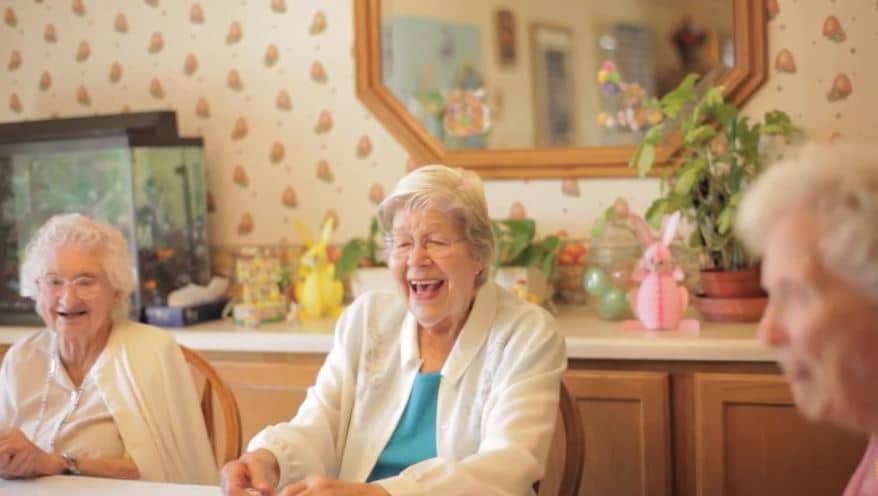
Incontinence is an issue of embarrassment among many older people. According to a report from 2014, about half the population of older Americans experience urinary leakage or accidental bowel leakage. And roughly 25% have moderate, severe or very severe urinary leakage. That's a lot of people! Perhaps because people are unwilling to talk openly about this condition, there tends to be a bit of misinformation floating around about the topic. This can easily be corrected for the benefit of the sufferer in order that they might have a much less complicated life.
Causes
There are many causes of incontinence in older adults. The causes can range from poor posture, to inflammation or other underlying conditions. Incontinence occurs when muscles are too weak or to active. Prostate problems (in men) or nerve damage can also contribute to incontinence issues. People often say is that it is normal to have urinary incontinence as you age. Although older women are about twice as likely as men, this is simply not true. Do not accept this as it is a common belief. Perhaps your incontinence is caused by something that could be easily fixed. Or it may be that you have a medical condition that needs to be addressed. Regardless, determining the cause will allow you to move forward and possibly even find a solution.
Solutions
Poor posture is one of the least talked about but most common causes of a weak bladder. For a variety of reasons, we tend to slouch or slump forward as we age. It is somewhat natural, but what happens to your internal organs when you allow your body to slouch forward? Your organs are arranged inside of you atop of one another. And also supported by the spine in the back. If you slouch forward the organs push forward and rest fully on top of your other organs. Specifically atop your bladder. Apart from causing terrible back, neck and shoulder problems, slouching will often cause weak bladder. Or, if left for long enough, incontinence.
Another common cause is inflammation in the lining of the bladder. If you have an infection, it may be a simple matter of receiving a prescription for an antibiotic and you could be on your way to recovery! Sometimes it really is this simple, and yet people will suffer for months thinking that they are just getting older and that incontinence is a natural part of that process.
Another way to prevent or reverse incontinence might be exercise. Sometimes you may need to do exercises to help strengthen the pelvic floor. And other times you may need to receive a treatment if the physician finds something more serious. The main concept to remember is that if this problem begins or persists, you need to listen to your body and try to solve the problem by discussing with your doctor.
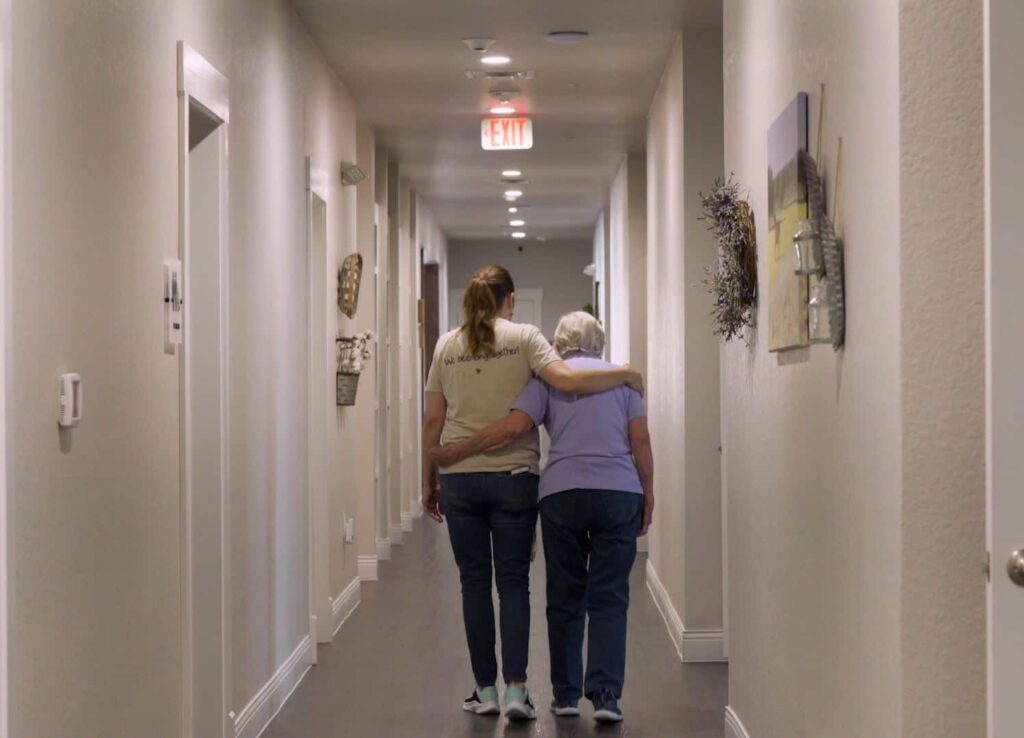
Take Good Care of Yourself
If you need to wear adult incontinence pads or underwear, do your best to get the proper size and absorbency for your needs. Some folks that are on a limited budget try to economize by getting a smaller size (there are generally more pairs in the smaller sized packages). Or by getting some that are less absorbent (because they are cheaper). The result of this is that you can end up getting sores from ill-fitting underwear or end up in an embarrassing situation when the absorbency was not up to par.
Whatever your current situation with incontinence, if it IS an issue for you, do not be afraid to raise the question with your doctor. Start the conversation so that you can begin the process of healing and return to a more active and less stressful lifestyle!




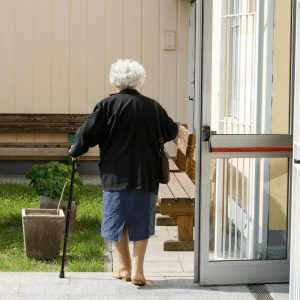
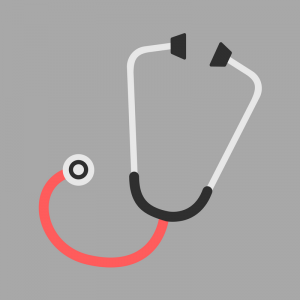
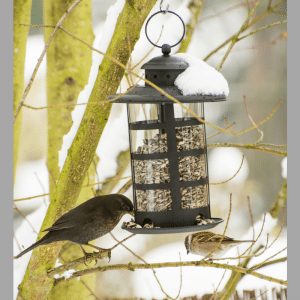 Loneliness is a very real problem for people of all ages, but it seems to prey greatly on those of advancing years. It can cause all kinds of issues, from undue stress, to depression & feelings of worthlessness. While all of us naturally will have times in our lives that are more lonely than others, we need not just go with the flow if the time period is becoming extended. There are things we can do to fight it off & lighten the heaviness created by it.
Loneliness is a very real problem for people of all ages, but it seems to prey greatly on those of advancing years. It can cause all kinds of issues, from undue stress, to depression & feelings of worthlessness. While all of us naturally will have times in our lives that are more lonely than others, we need not just go with the flow if the time period is becoming extended. There are things we can do to fight it off & lighten the heaviness created by it.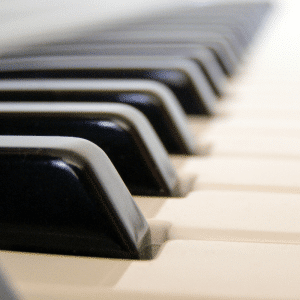 Consider music. Whether it's playing an instrument, singing or simply listening to & learning music, this can be a very worthwhile aid in combating loneliness. Music has the ability to change emotion. It can lighten our darker moods or dampen our light moods. If you have a talent with an instrument, consider passing that on to a student or two. I knew an older woman of 92 who was still giving lessons to a couple of children a week, even though she had early stages of #dementia. She may not have had the lessons laid out consecutively each week, but the students were still learning & growing, not just from the piano that she taught, but also greater lessons about what it means to care for someone going through the frightening changes of old age. If you do not know how to play an instrument, simply play music. It does not matter the genre. Try to listen to a number of works by a certain composer. See if you can identify their songs by only hearing them, even if you do not see who wrote it. Try listening to music from different generations & get a feel for the music that stirred them. Then bring it up in conversation when you meet someone from that generation. They may be very surprised that you know the groups that were popular, and it may be an opening into more meaningful conversations.
Consider music. Whether it's playing an instrument, singing or simply listening to & learning music, this can be a very worthwhile aid in combating loneliness. Music has the ability to change emotion. It can lighten our darker moods or dampen our light moods. If you have a talent with an instrument, consider passing that on to a student or two. I knew an older woman of 92 who was still giving lessons to a couple of children a week, even though she had early stages of #dementia. She may not have had the lessons laid out consecutively each week, but the students were still learning & growing, not just from the piano that she taught, but also greater lessons about what it means to care for someone going through the frightening changes of old age. If you do not know how to play an instrument, simply play music. It does not matter the genre. Try to listen to a number of works by a certain composer. See if you can identify their songs by only hearing them, even if you do not see who wrote it. Try listening to music from different generations & get a feel for the music that stirred them. Then bring it up in conversation when you meet someone from that generation. They may be very surprised that you know the groups that were popular, and it may be an opening into more meaningful conversations.